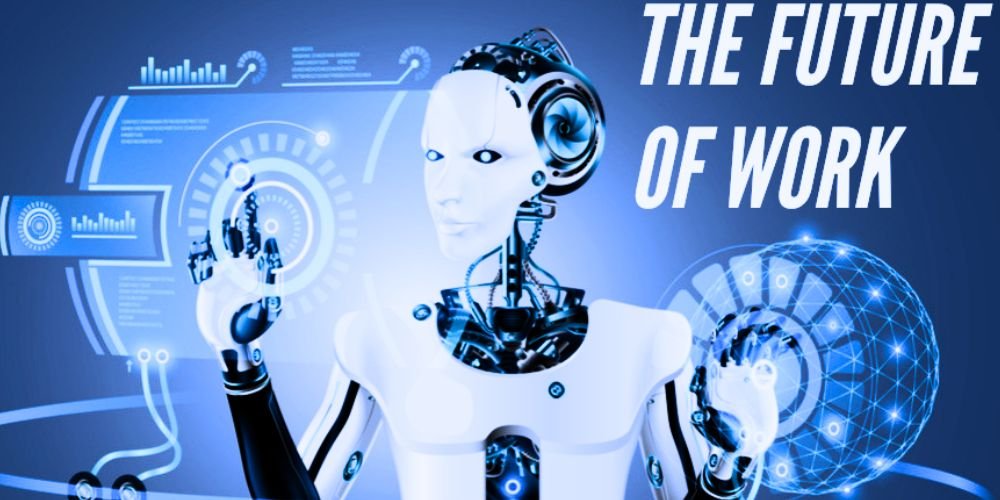The work landscape is undergoing a profound transformation, driven by technological advancements, societal shifts, and the evolving needs of the global workforce. This article explores the future of work, examining key trends, challenges, and strategies needed to thrive in the digital era.
Future of Work Facts
Understanding the foundational facts surrounding the future of work is essential for recognizing its scope and potential:
- Digitalization and Automation: Integrating digital technologies and automation is reshaping the nature of work. Manual tasks are automated, leading to a shift in job roles and skill requirements across various industries.
- Remote and Flexible Work: The COVID-19 pandemic accelerated the adoption of remote work, emphasizing the importance of flexibility in work arrangements. The future of work is characterized by a hybrid model, where remote and in-person work coexist, providing employees with greater flexibility.
- Gig Economy and Freelancing: The gig economy continues to expand, with more people opting for freelance or contract work. This trend reflects a desire for autonomy, diverse work experiences, and the flexibility to pursue multiple projects simultaneously.
- Emphasis on Skills and Lifelong Learning: The future of work places a premium on skills over traditional qualifications. Continuous learning and upskilling become imperative as technology evolves, ensuring that the workforce remains adaptable and equipped for the demands of emerging industries.
Future of Work Views
Examining various perspectives on the future of work provides insight into the challenges and potential solutions:
- Work-Life Integration: Advocates stress the importance of work-life integration, moving away from the concept of work-life balance. Technology enables seamless transitions between work and personal life, requiring a shift in organizational cultures to support employee well-being.
- Equity and Inclusion: Critics highlight the need to address equity and inclusion in the future of work. Remote work, if not implemented thoughtfully, can exacerbate disparities. Ensuring fair access to opportunities, regardless of location or background, is crucial for a more inclusive workforce.
- Human-Centric Approach: The future of work is not solely about technology; it is fundamentally about people. A human-centric approach emphasizes the value of soft skills, emotional intelligence, and collaborative problem-solving in fostering a positive work environment.
- Corporate Social Responsibility (CSR): Companies are increasingly expected to prioritize CSR initiatives. It involves a commitment to sustainability, social responsibility, and ethical business practices, aligning organizational goals with societal and environmental well-being.
Conclusion
The future of work is a dynamic landscape where adaptability, resilience, and a focus on human potential will be paramount. Embracing technological advancements, fostering inclusive and flexible work cultures, and prioritizing continuous learning are key components of navigating this transformative era. As individuals, organizations, and societies navigate the complexities of the future of work, a collaborative and forward-thinking approach is essential to ensuring a sustainable and thriving workforce in the digital age.





